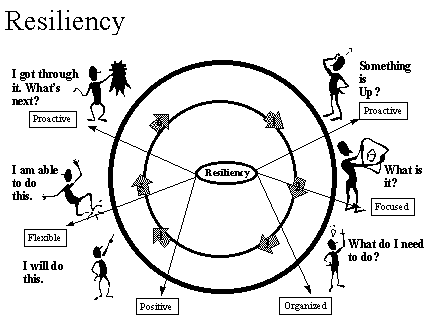We are all very aware of the various group therapy treatments, such as NA, AA, GA, SA. Pretty much any "A" you can find, you can become treated. There has been a lot of emphases on treating addictions with medication, as we had spoken about previously, most addictions are organic and since there is a physiological aspect to it from the addiction side, a way to treat has been through medication. Recently, there has been a big push in using Buprenorphine. Which has become the leader in treating: opiate, dependency, detoxification from heroin, oxycodone, hydrocodone, morphine, oxymorphone, fentanyl or other opioids. A big reason in using this specific drug is the low risk it has accompanied with becoming addictive. Furthermore, we know from TV/Movies that depending on the addiction, people do need "detox" themselves in order to "hit the restart button" on their body. Since I am therapist by profession, today's post will focus on the therapy aspects rather than the medical aspects of treatment.
E-Therapy VS. Face-to-Face Therapy
In the 2011, American Journal of Drug and Alcohol Abuse, there was a study conducted that examined the uses of internet/electronic based therapy versus the conventional office/face-to-face therapy. The article explained that e-therapy would be a better modality than face-to-face therapy as reported that "in the United States, only 16% of people with an alcohol-abuse disorder had received treatment in 2001." As a side note, I personally believe this is not specific to substance abuse, but rather all mental health due to the unfortunate stigma that still remains. The results concluded that "We can conclude that the e-therapy program successfully attracted clients who were different from those who were represented in regular face-to-face alcohol treatment services. This indicates that e-therapy decreases the barriers to treatment facilities and enhances the accessibility. The e-therapy program reaches client groups that are still difficult to reach in regular face-to-face therapy. However, we saw that the e-therapy population changed over time. In 2005–2006, the e-therapy program really reached a new population of problem drinkers. Although the e-therapy program still did reach an important new group of clients in 2008–2009, this group showed more overlap with the traditional face-to-face group of clients: less employed clients and less first time treatment seekers.(Marloes G. Postel, M.Sc.1,2, Hein A. de Haan, M.D.1,2, Elke D. ter Huurne, M.Sc.1, Eni S. Becker, Ph.D.3, and Cor A. J. de Jong, M.D., Ph.D.2)
Thought that was pretty interesting...might be a topic for an upcoming post, the idea of e-therapy and its place.
Assesment Tools
There are many preventative measures that are used within the field of therapy and substance abuse, I can tell you when I see my patients I use the MSSI-SA. Which stands for Modified Simple Screening Instrument for Substance Abuse (MSSI-SA) Self-Administered Form. This is used primarily for settings that do not specialize in substance abuse treatment, yet it gives an idea if the patient is or can become at risk to substance abuse.
One more day...till Friday hang in!!
YES














